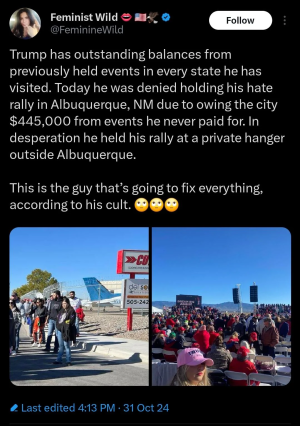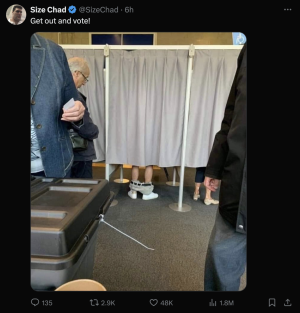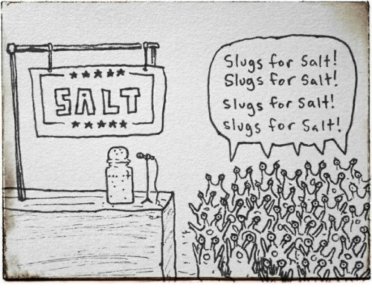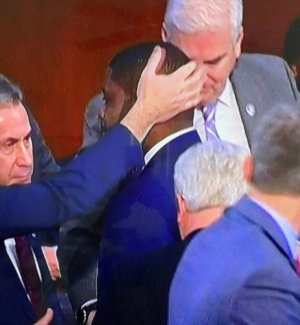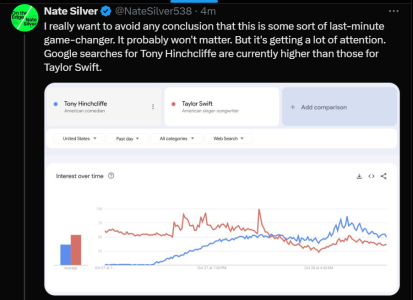The question I have on this: In a well-regulated ideal marketplace, wouldn't most health insurance plans converge to a similar offering and price?
When we impose certain rules (coverage for preexisting conditions, etc.), then the way that insurers can differentiate themselves is on things such as deductibles, choice of doctor, and coverage of elective items. So they would all offer the same basic plan (let's say it costs $1050) as the public option, and each would yield $50 in profit. Then you could increase the price (and potentially earn more profits) by offering low-deductible plans, larger networks, coverage for more procedures, etc. To keep it a competitive marketplace, subsidies or other funds that the public option can take advantage of should be distributed equally to all insurers offering similar coverage.
Is my understanding of this correct? Was this the original idea behind the ACA?
That is mostly correct. A well regulated insurance market with mandatory coverage for preexisting conditions, and mandate to buy for for individuals and minimum coverage standards would mean that policies, premiums and profits would look the same across the board.
People like Paul Ryan betray their sophomoric understanding of economics by claiming that competition and consumer choice (which means the option to buy a a seriously striped down product) will drastically lower healthcare costs. He is wrong because unlike food, whiskey, cars or clothes or smart phone data plans, the acceptable range of quality for healthcare is narrow.
You get some fast food and you're no longer hungry, you drink cheap whiskey and you get drunk, you get a basic Honda and you get from point A to point B, you get a cheap suit and you're not naked, you get a basic data plan for your smart phone and you're making calls and texts. With low end health insurance, you effectively do not have healthcare. There is no viable down market for healthcare.
The one area where I would disagree with your assessment, is that premium supports where not meant to make the marketplace more competitive, they were meant to make high deductibles less of hardship for lower middle and middle income people.
Broadly speaking, the ACA was supposed to expand medicaid to coverage all poor and low income people and their dependent children. Everyone else would either get insurance through work (with young people under 26 but over 18, getting it through their parents' insurance, through their own job's plan or through medicaid if their parents were low income). People who made a reasonable amount above the poverty line and who did not get insurance through their jobs had to purchase insurance on the exchanges.
Now all of those plans had deductibles and the idea was that a 2,000 dollar deductible for a household making 120,000 a year was not a hardship, it was a deterrent against overusing your health insurance (and thus keeping down costs for everyone). Meanwhile, that same plan bought by a household just above the medicaid line would face a hardship by having to come up with 2,000, out of pocket, every year. So the idea was that taxes on very high income people would subsidize your monthly premiums and effectively reduce the 50,000 a year household's healthcare expenses to just 2,000 (they would pay 2,000 out of pocket to cover the deductibles in a given year but subsidizes would make it so that their monthly premiums were effectively zero.
In short, prime age adults (26 to 64) who did not get health insurance through work and who also made too much money to qualify for medicaid, would have to buy insurance through the Obamacare exchanges. Everyone, lower middle, middle and upper middle income people were supposed to pay the same expenses out of pocket for deductibles but your premiums were effectively priced on a sliding scale.
You take all of that, add in the fact that very wealthy 18 to 64 year olds people can take care of themselves (by having insurance throug hwork, buying Obamacare without subsidies or simply paying cash for healthcare) and that medicare covers all people 65 and older, regardless of wealth or income, everyone would have coverage one way or another.
The problem is that certain people, with ill intentions. Forced the subsidies for lower middle income buyers, on the exchanges, to be paltry. The public option was taken out so that insurance companies could make economic rents on top of legitimate profits and most stunning of all, Republican governors refuse the medicaid expansion. The effect was that millions of poor people go uncovered and untreated (because medicaid in their State only covers the extremely poor) and millions of lower middle income people are forced to buy artificially expensive insurance without the intended subsidies to help with the monthly premiums.
To sort of pivot from policy back to politics. What Bernie Sanders should do is to say the following:
"My President was Black, my Subaru is blue and my President implemented a brilliant plan to insure that everyone could have decent healthcare without serious financial hardship. Sadly, my Republican opponents have stripped away key provisions and as a result, many household face the dilemma of going without healthcare or incurring significant and unreasonable financial costs.
"My plan seeks to honor our previous President's wishes and then some with a restoration of premium support, a Federalization of the highly successful medicaid expansion and super public option which could be a medicare buy in option for everyone who lives in a County that has been undeserved by malice or incompetence on the part of State and local officials and/or malice on the part of their local private insurance companies."
You slam the idelogical Republicans, you give credit to the center left and you put your own socialist imprint on healthcare going forward. That's smart politics and public policy.


 I can't believe 30% or less approval is highly likely for an American President.
I can't believe 30% or less approval is highly likely for an American President. :x, the tax code is **** (tax the damb casinos more, they are not gonna move), the housing codes are ****, and the town has a serious drug problem.
:x, the tax code is **** (tax the damb casinos more, they are not gonna move), the housing codes are ****, and the town has a serious drug problem. 








